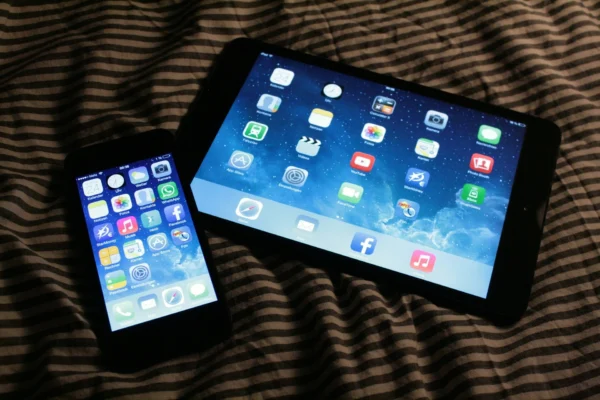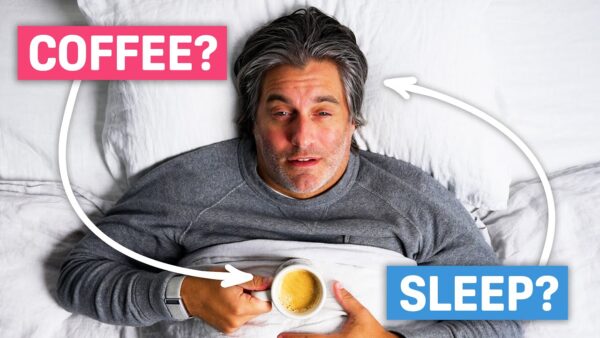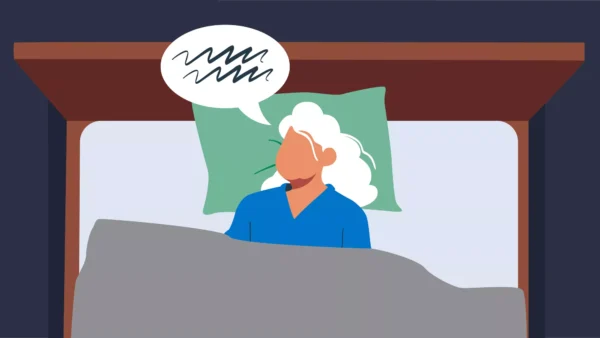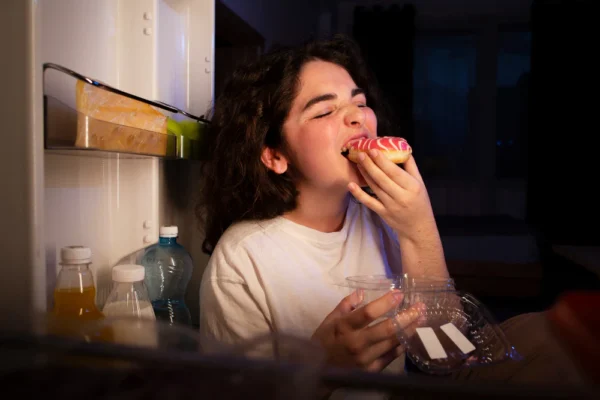Trendy Lifestyle Hacks
10 Things You Should Never Do Before Bed
A good night’s sleep is essential for overall health and well-being, but many of us unknowingly engage in habits that can disrupt our rest. From using electronic devices to consuming certain foods and drinks, these seemingly harmless actions can lead to sleepless nights and groggy mornings.
To help you sleep better and wake up feeling refreshed, here are 10 things you should never do before bed.
1. Use Electronic Devices

The blue light emitted by phones, tablets, and computers can interfere with your body’s production of melatonin, the hormone that regulates sleep. Try to avoid screens at least an hour before bedtime to help your brain wind down.
2. Consume Caffeine

Caffeine is a stimulant that can keep you awake, even hours after consumption. Avoid coffee, tea, chocolate, and energy drinks in the late afternoon or evening to prevent interference with your sleep cycle.
3. Eat a Heavy Meal

Eating a large or spicy meal too close to bedtime can cause indigestion, heartburn, or acid reflux, making it harder to fall asleep. If you’re hungry before bed, opt for a light snack, such as a banana or a handful of nuts.
4. Drink Alcohol
While alcohol might make you feel drowsy initially, it can disrupt your sleep cycle, causing you to wake up frequently throughout the night. Limit alcohol consumption in the evening to promote restful sleep.
5. Engage in Vigorous Exercise

While exercise is beneficial for sleep, doing it too close to bedtime can increase your heart rate and adrenaline levels, making it harder to fall asleep. Aim to finish any intense workouts at least three hours before bed.
6. Have Difficult Conversations

Discussing stressful or emotional topics before bed can increase anxiety and lead to overthinking, preventing you from relaxing and falling asleep. Save serious discussions for earlier in the day.
7. Leave Bright Lights On
Bright lights can trick your brain into thinking it’s still daytime, delaying the release of melatonin. Opt for dim lighting or use blackout curtains to create a sleep-friendly environment.
8. Take Long Naps Late in the Day
Napping for long periods or too late in the day can make it harder to fall asleep at night. If you need a nap, aim for a short, 20-minute rest in the early afternoon.
9. Consume Sugary Foods

High sugar intake before bed can cause a spike in blood sugar levels, leading to an energy crash and disrupted sleep. Avoid sweets or desserts late in the evening to maintain stable blood sugar levels.
10. Overhydrate
Drinking too much water before bed can lead to frequent trips to the bathroom, interrupting your sleep. Limit your fluid intake an hour or two before bedtime.


